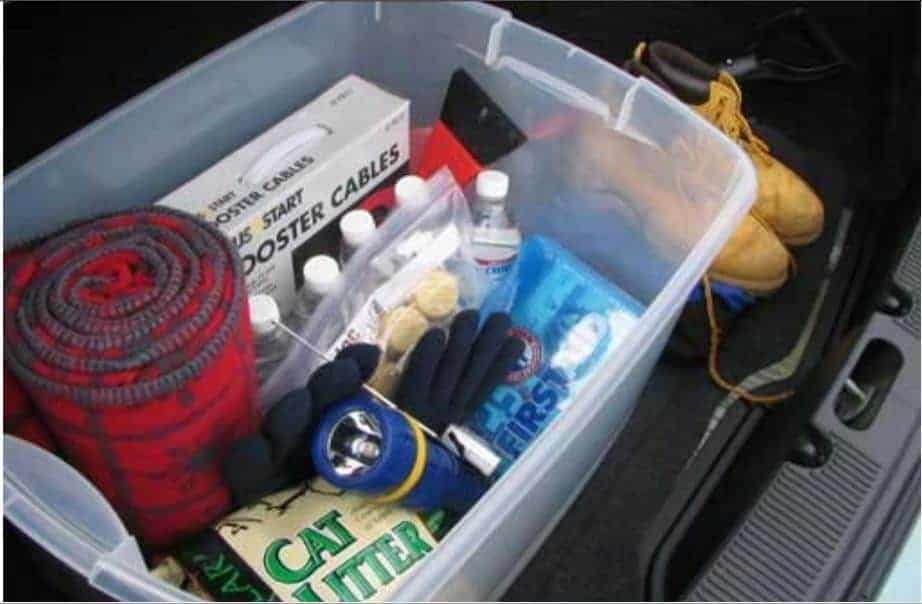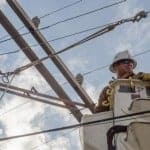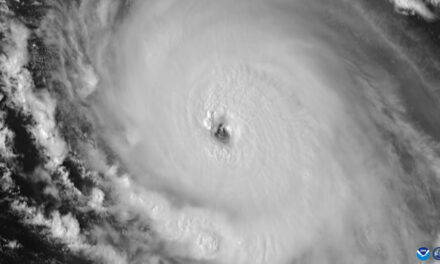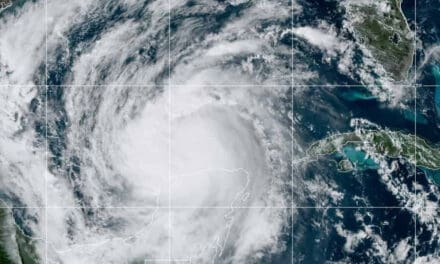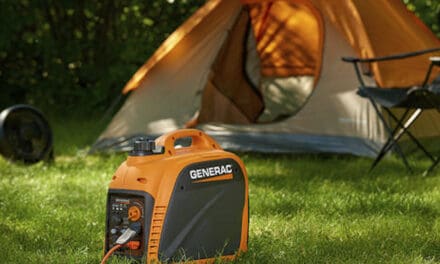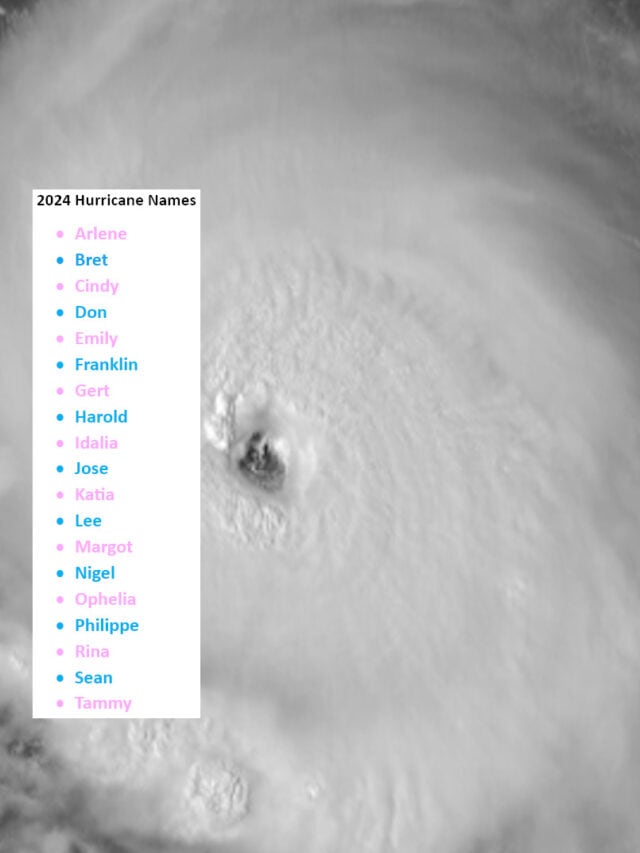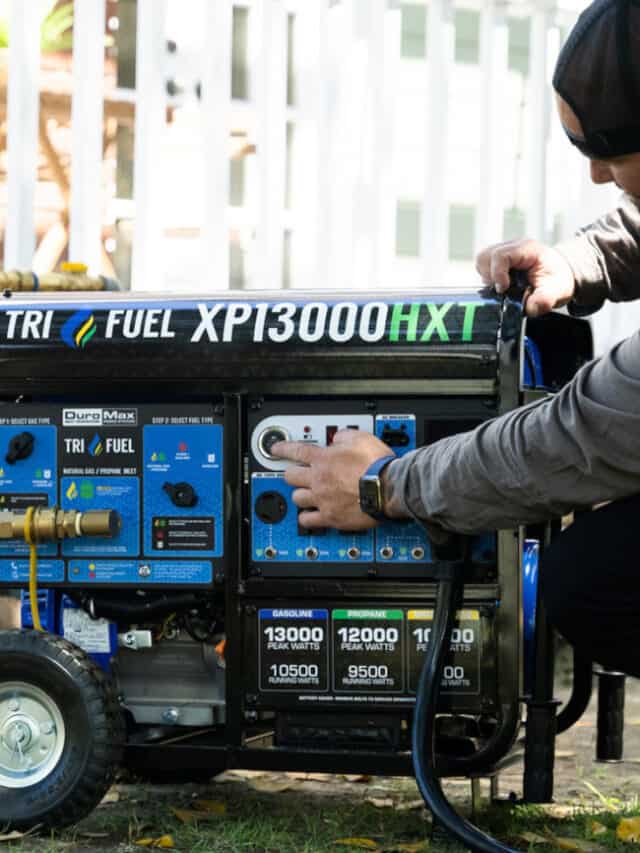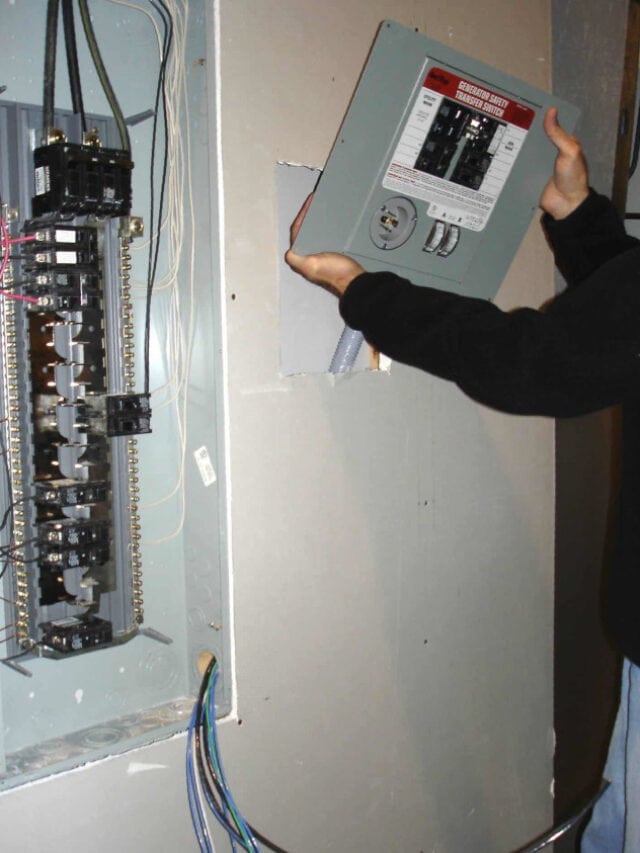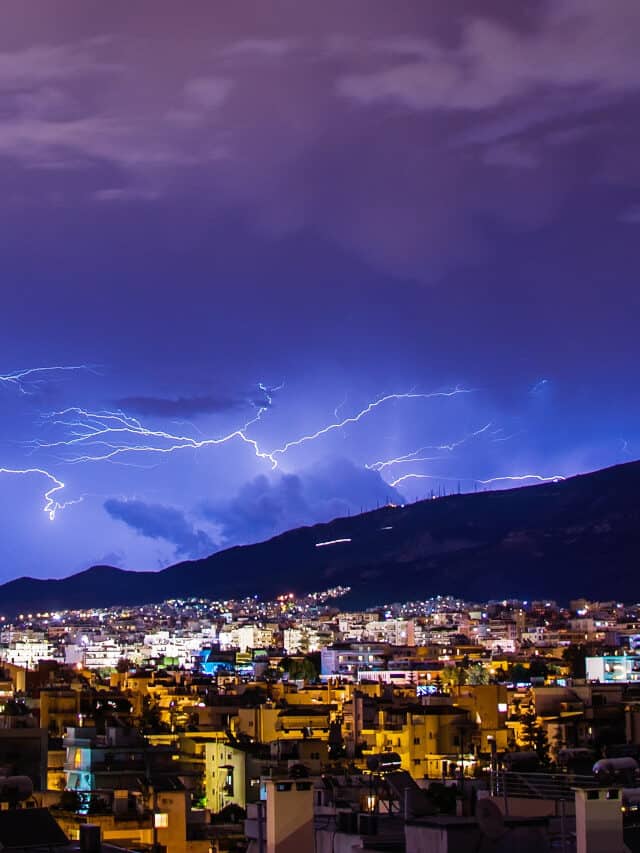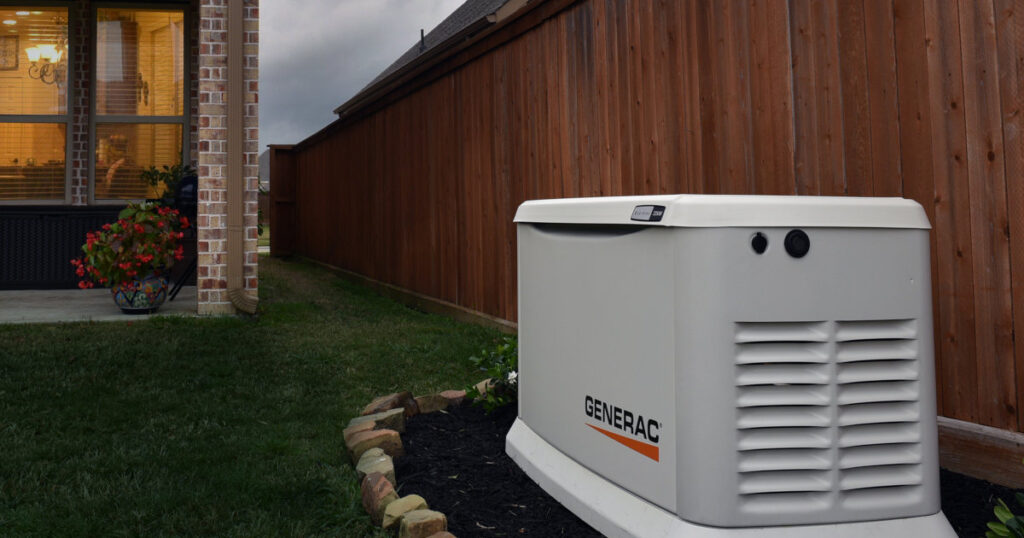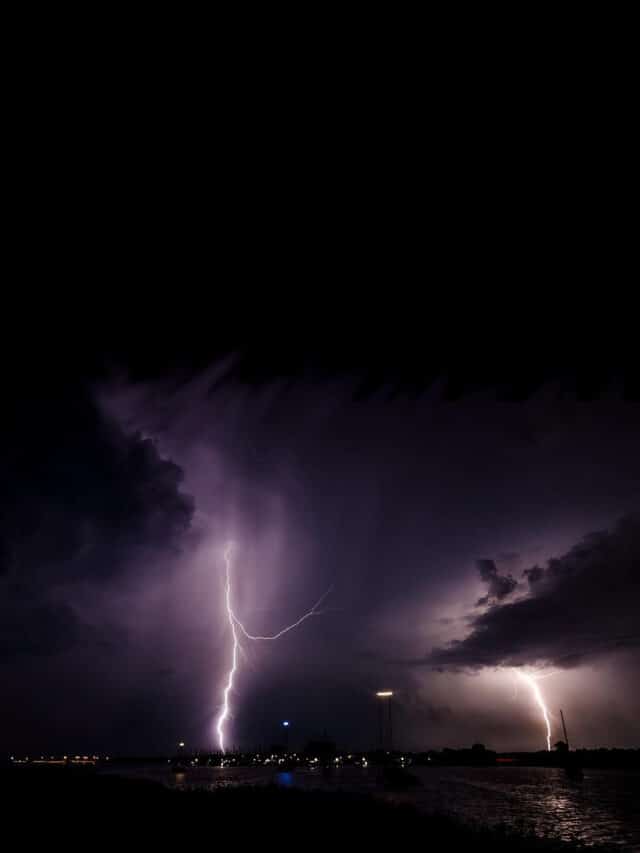Most people never think about the services that utilities provide-until it is time to pay the bill. Then they write a check or pay online and forget about it. People who live in towns, villages, and cities often rely entirely on public utilities to provide them with natural gas, sanitation, electricity, and water. Those who live in rural environs are more self-reliant and provide their own water, sewage, and have LP gas delivered to storage tanks. Even so, most still depend on the electric utility to provide electrical power.
Being prepared for an emergency means planning in advance how to deal with the loss of service from one or more utilities. The area you live in, and to some degree your appliances, will dictate how you plan and prepare for a long-term emergency scenario that lasts more than a few hours.
Backup Power
Water is often considered the first need, but having the power to get the water is just as important.
Plan your backup power system to run the appliances that keep your home safe and comfortable. Keep maintenance supplies such as oil, oil filters, air filters, and spark plugs on hand to keep it running through an extended outage. Standby generator and portable generators require frequent maintenance when in use. After 100 or 200 hours (about four to eight days), they need a complete oil change and a new oil filter. Between changes, the generator may need oil added more frequently. Check the oil daily and don’t forget to install new air filters or spark plugs as required.
Water Supplies
If you live within city limits, chances are good your water comes from a municipal supply that will continue to provide water for a few days at a minimum. Larger towns and cities will have backup power systems to keep the water running. That doesn’t mean those backup systems can’t fail, as demonstrated after Hurricane Sandy. When the pumps don’t run, water supplies are quickly depleted.
If you have your own well and a backup generator, you can pump your own water, but you should still prepare for fuel interruptions or mechanical problems.
In either case, store water in advance of an emergency with 12 to 15 gallons of water per person for at least one week. Five gallon containers are efficient, but larger containers are also available.
Your home’s sanitation system also relies on water whether you have a septic system or are connected to a waste treatment plant. Most toilets require anywhere from 1.5 to 3 gallons per flush. The easiest way to conserve is to fill the tank and flush it normally as required. Plan for two-three flushes per person, every day.
Food Preparation
It is hard to estimate how long any outage will last. Having food stored in freezers, refrigerators, and the pantry will help get you through the early stages of a long-term power outage. If you have a source of backup power, you can keep your food cold and frozen and prepare it.
At a minimum, store enough food to last a week. A month is better.
Don’t forget about food preparation. An electric range uses a lot of power that you might need for other things, such as heat or cooling, well pumps, sump pumps, and a few lights. A better choice is a microwave for quick cooking vegetables, rice, and pasta, or heating up canned foods. Slow cookers use very little power and can cook an entire meal in one pot.
A good plan keeps enough food for a month on hand, but even a week’s supply will cover most emergencies.
Having a plan in place and being prepared for a long-term power outage isn’t just smart. It gives you a sense safety and the peace of mind that comes from knowing what to expect when the lights go out.

